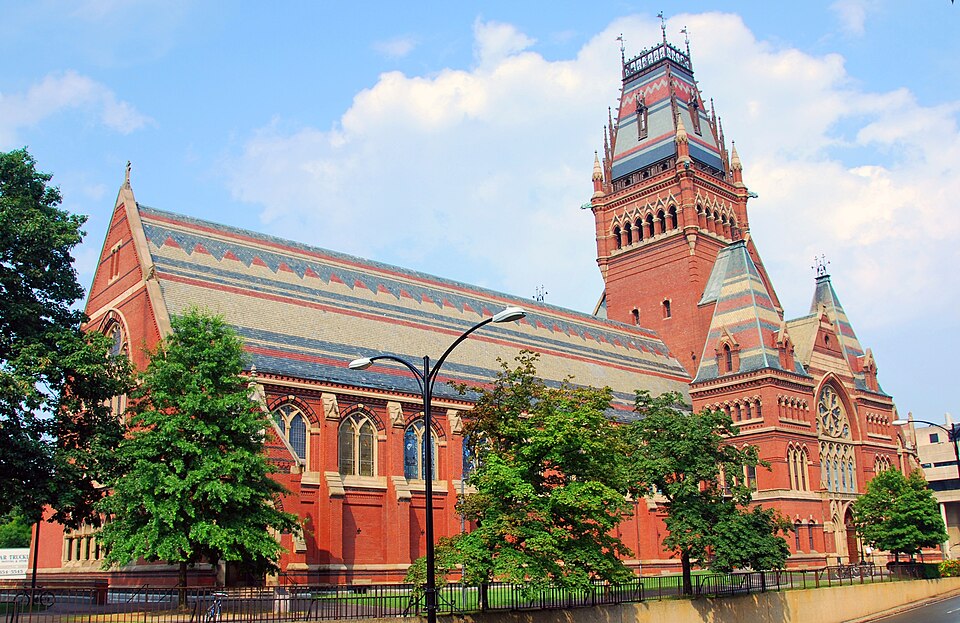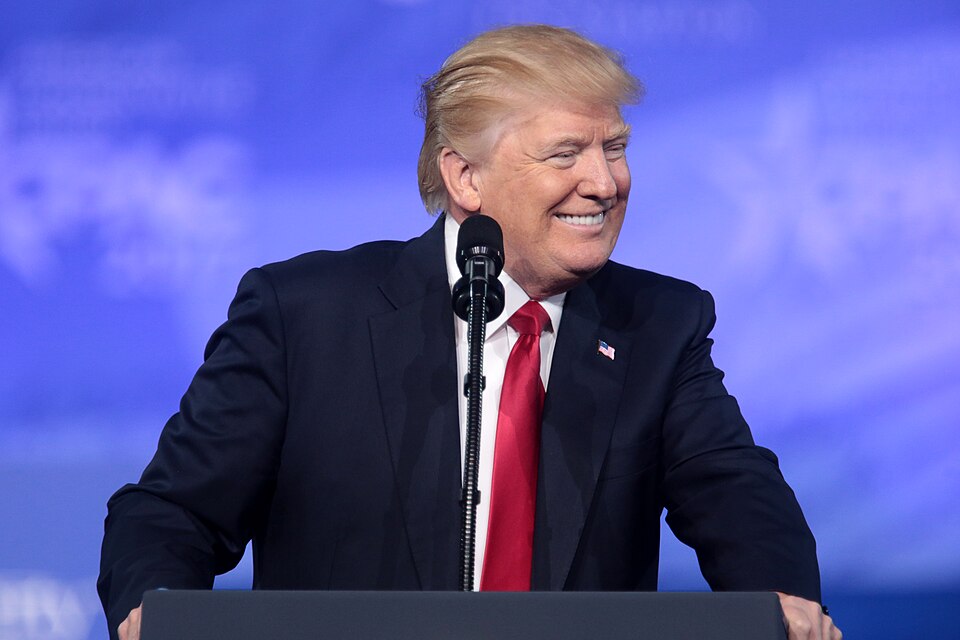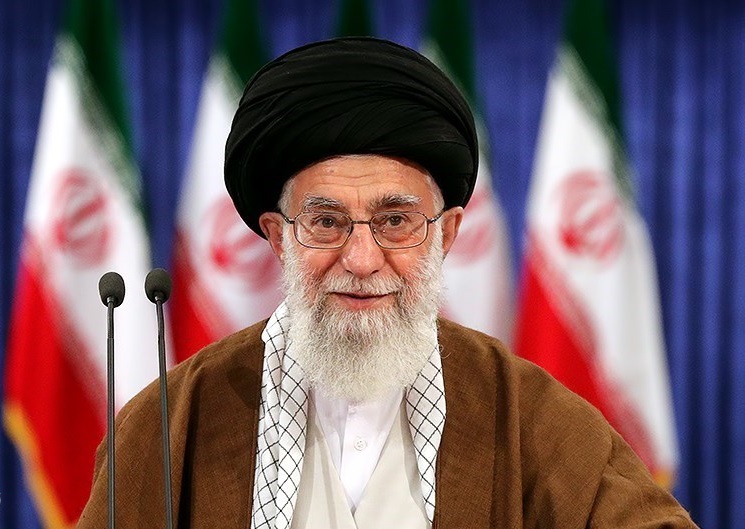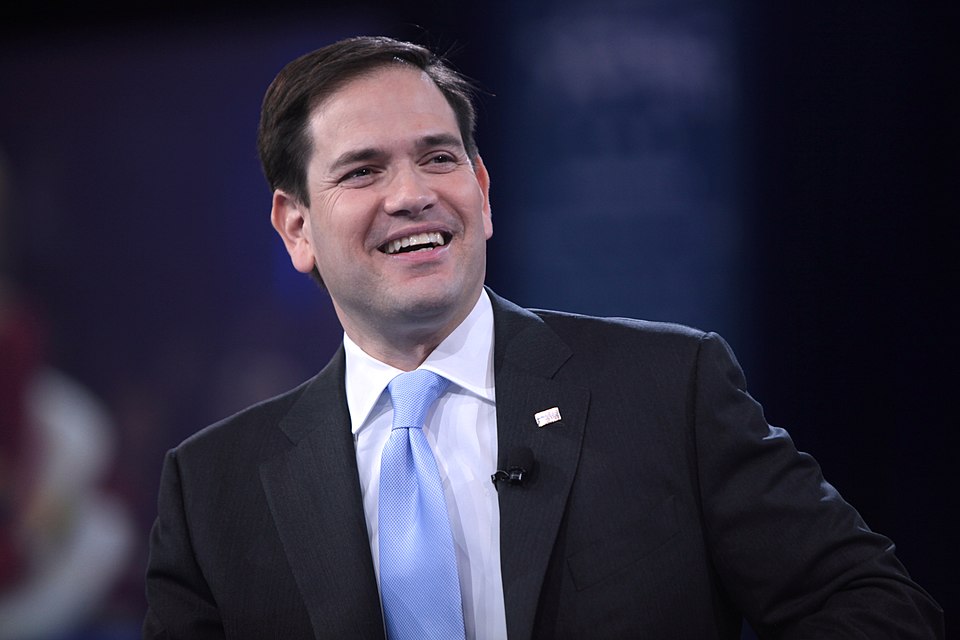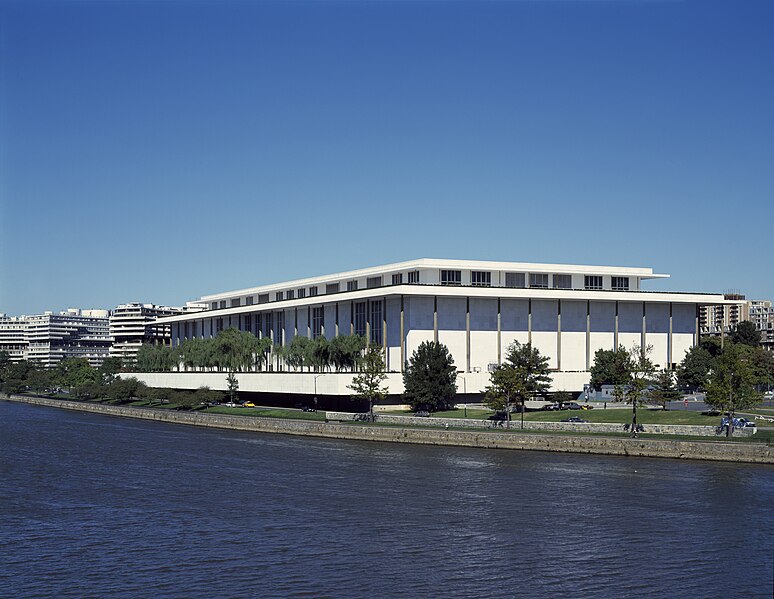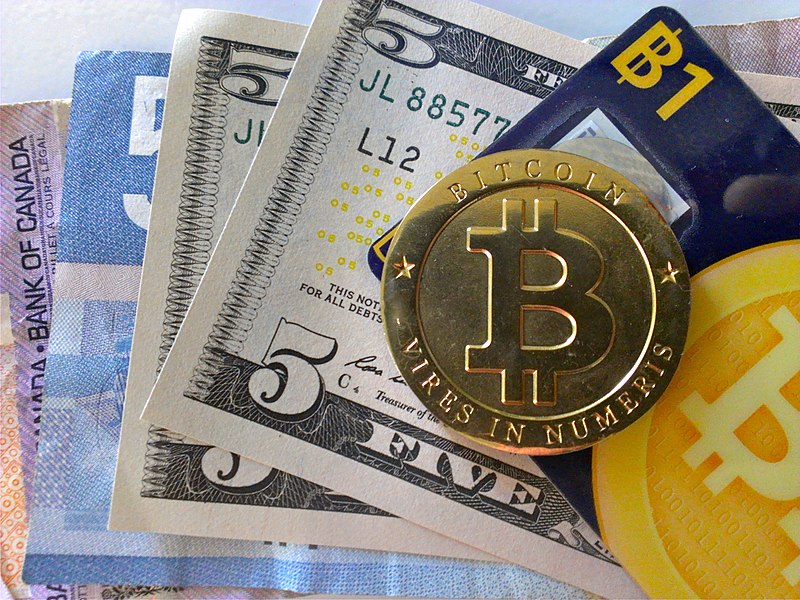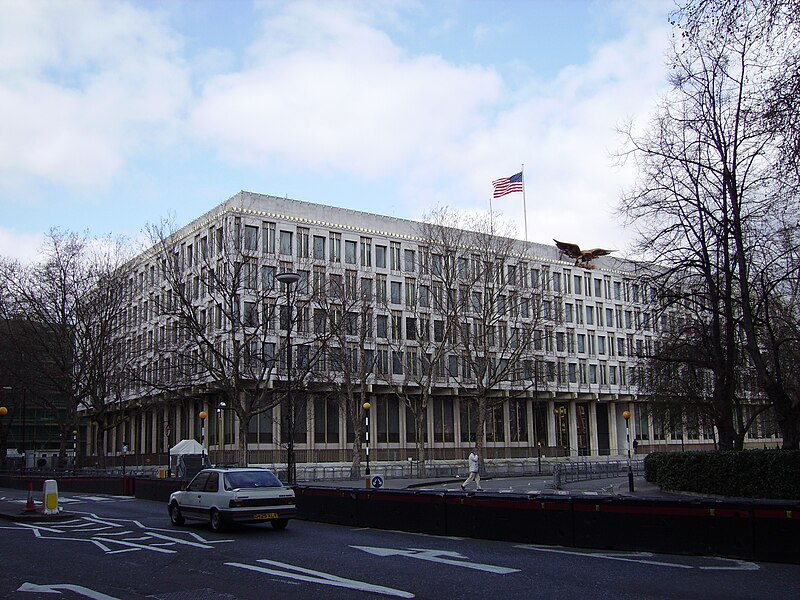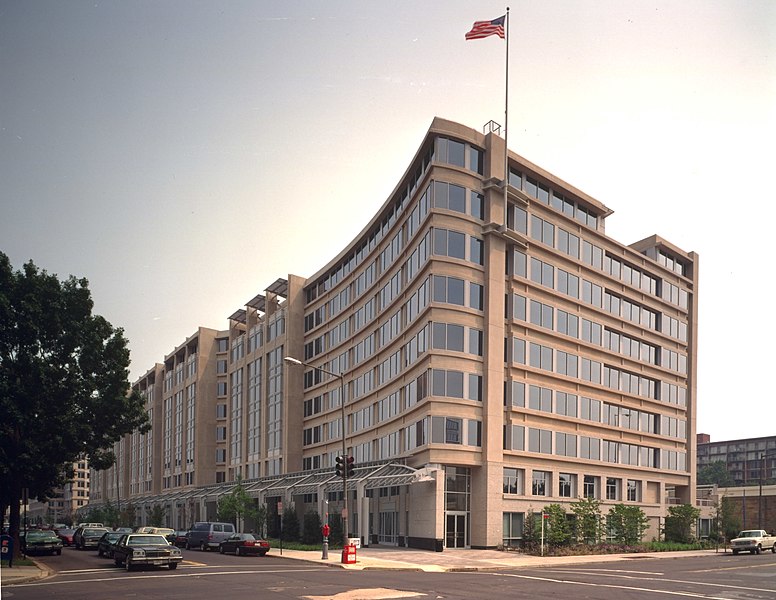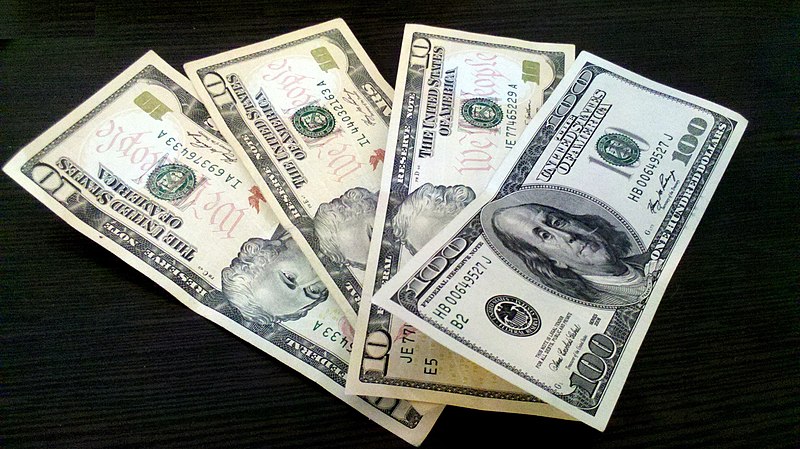
US lawmakers were expected Thursday to finalize tough new sanctions that would target banks over infringements on Hong Kong's autonomy, two days after China imposed a harsh security
law on the financial hub.
China has threatened "strong countermeasures" if the measure becomes law and President Donald Trump has not indicated if he will sign it, although any veto could be overridden as an overwhelming majority of lawmakers back the legislation.
The Senate is expected to move Thursday to approve the Hong Kong Autonomy Act, which the House of Representatives passed Wednesday, congressional aides said.
"America must stand with the people of Hong Kong," said a joint statement from the two senators leading the effort, Republican Pat Toomey and Democrat Chris Van Hollen.
"Tens of thousands of Hong Kongers are in the streets protesting and refusing to surrender their basic rights to the Chinese Communist Party," they said.
"They are doing so even as CCP collaborators harshly crackdown on free speech and the right to assemble," they wrote, referring to the hundreds of arrests Wednesday.
The Hong Kong Autonomy Act goes a step further than a sanctions law last year, which Trump reluctantly signed despite protests from Beijing.
The new legislation targets Chinese officials and the Hong Kong police, making US sanctions against them mandatory if they are identified in two consecutive government reports as working to impede Hong Kong's freedoms.
In a crucial point of pressure, the act would punish banks -- including blocking loans from US institutions -- if they conduct "significant transactions" with individuals identified as infringing on Hong Kong's autonomy.
Lawmakers see the targeting of banks as crucial to imposing a price on China by hitting Hong Kong's role as an international hub of commerce.
Trump could still waive sanctions against particular people or entities but the act would limit his discretion, letting Congress overrule him.
- Opening US to Hong Kongers -
In another effort on Hong Kong, lawmakers are seeking to make it easier for residents of the territory to seek refugee status in the United States.
Britain has already said it will allow millions of Hong Kongers to relocate and eventually seek British nationality due to the security law.
The US measure, if passed, would put Hong Kongers who participated in pro-democracy protests in the same category as Cubans -- giving them a priority as refugees, with no limits on their numbers.
The move has support across party lines but it is unclear if it would enjoy the backing of Trump, for whom restricting immigration from non-Western nations is a signature issue.
"The US must help Hong Kongers preserve their society at home and find refuge for those who face persecution for exercising the rights once guaranteed under the Joint Declaration," said Senator Marco Rubio, a co-sponsor of the bill and ally of Trump.
China, in the Joint Declaration with Britain before taking back Hong Kong in 1997, promised to preserve the city's judicial and legislative autonomy until at least 2047.
But critics say that the security law imposed Tuesday destroys those promises, with China empowering its security agents to operate openly inside Hong Kong for the first time.
The legislation outlaws acts of subversion, secession, terrorism and colluding with foreign forces in Hong Kong, sending a chill through the pro-democracy movement which led massive and occasionally destructive protests last year.
Critics, including Trump's presumptive election rival Joe Biden, say that the president gave a green light to China by not speaking more forcefully last year when he was negotiating a trade deal with Chinese President Xi Jinping.
John Bolton, Trump's former national security advisor, wrote in an explosive new book that Trump explicitly asked Xi to help his re-election through buying US farm products.AFP, photo by Estial, Wikimedia commons.
